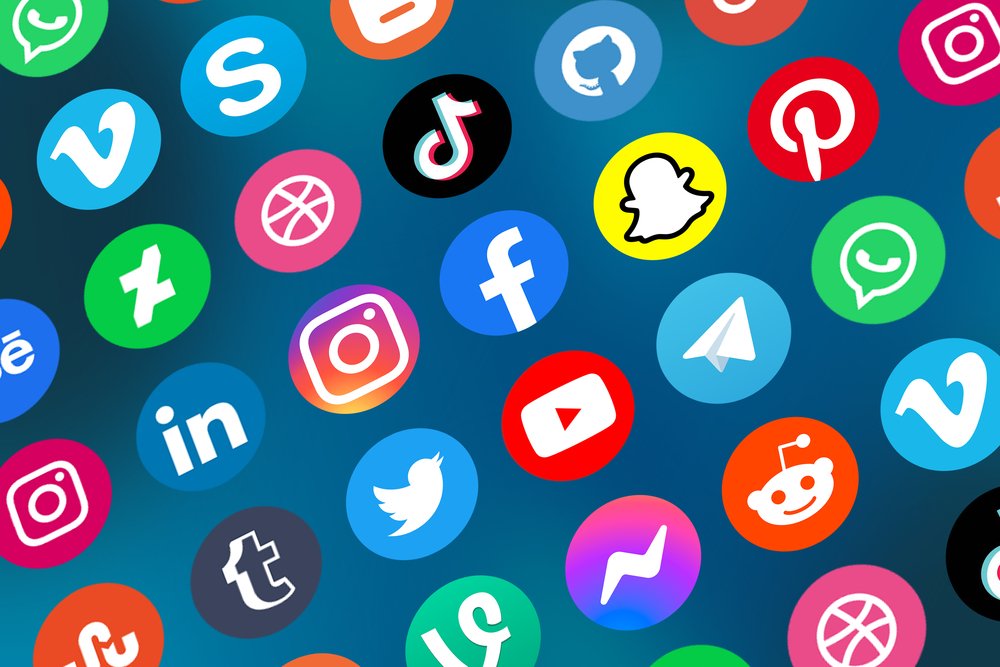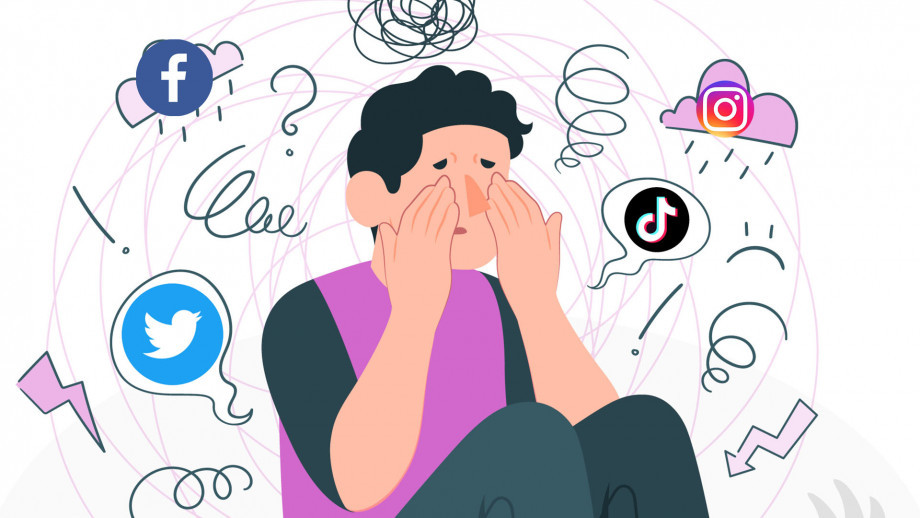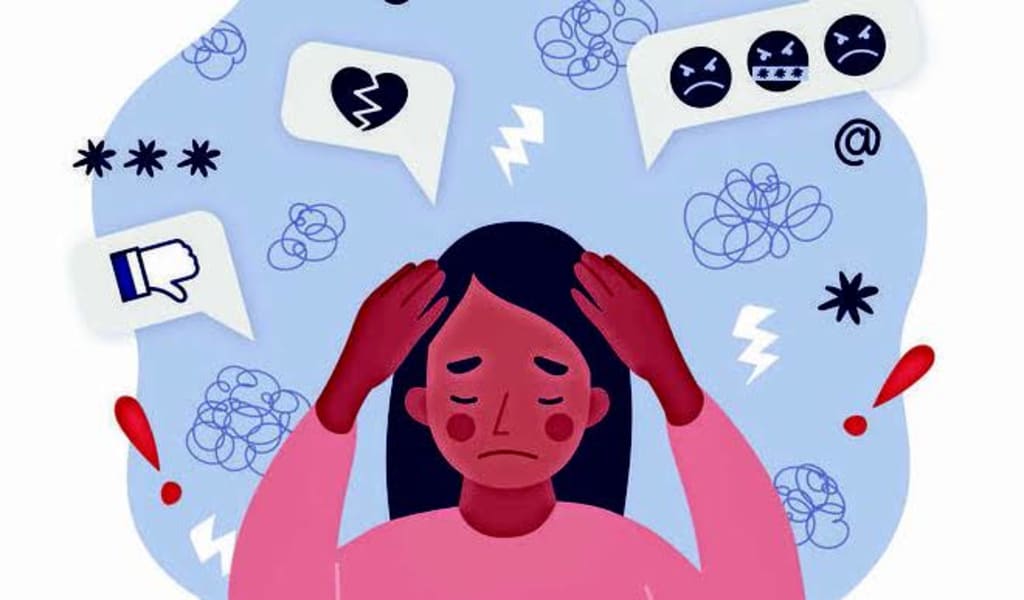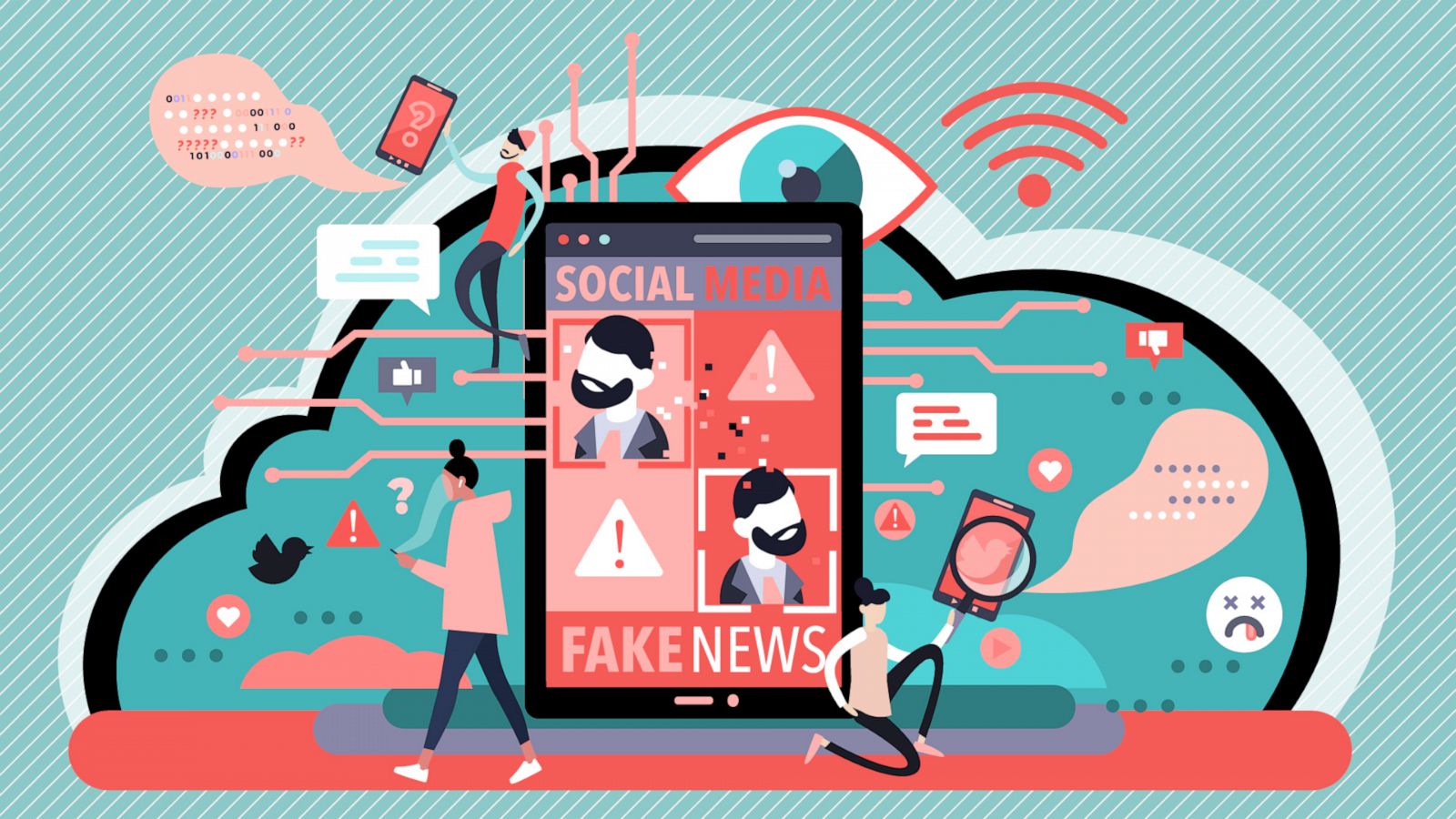Media Webpage
The definition of “ethical use” in the context of social media is to not plagiarize, leave bad comments, or upload things you shouldn’t such as videos of others without their consent. Social media’s role in contemporary society is a tool for people to communicate and share with people on the internet using pictures, videos, or texts. The most common apps people use include instagram, tweet, tik tok, facebook, etc. The ethical use of social media is a significant topic for discussion because many people are using it too much, often posting whatever things they want to post, copying other people’s videos, and leaving insulting comments. These are all problems that would cause unnecessary damage to others so they need to be eliminated.
Resourse 1 Resourse 2 Resourse 3 Resourse 4 Resourse 5 Resourse 6 Resourse 7 Resourse 8 Resourse 9 Resourse 10
Privacy Concerns* Social media platforms use tracking cookies, enable collecting data when users agree terms, etc. They collect data so when users search things, products they like or similar to the ones they buy appear more often. * Data mining, surveillance, and the potential misuse of personal information cause distrust in social media. People who expose too much personal information can lead to others using those for their own benefit. * Examples of ethical dilemmas related to privacy on social media include posting something then others misunderstand the meaning, expose certain information on accident, misuse user's information for business. etc. |

|
Mental Health Impact* The effects of social media on mental health are a lot worse than people think. Some people post videos of someone without his/her consent, causing unnecessary attention or people leaving mean comments to those victims, also known as cyberbullying. Some people get addicted because they love attention, and some like to compare to others then start posting more things. People spend way too much time on it, causing tiredness, can't concentrate, disappointed in themselves, depressed and stressed, etc. * Positive influence include people respect each other and don’t spend too much time on it, such as a funny video can help people relax, someone comments how great you are, etc. But can have a negative influence when people attack you online, steal your account, or contain inappropriate content. * Ethical responsibility of social media platforms includes protecting user privacy, account, respect, ensuring/proving the platform's safe, don’t lie; monitor users who leave bad comments, plagiarize, harass/bully others, etc; take down posts that could hurt others, and respond when someone reports an issue. |

|
Spread of Information* Social media dissemination information very quickly because once it’s out there, it can be seen globally and shared to other people. It’s good when the information is accurate, but if the information is not it can lead to misleading people who see it. * When fake news starts to spread, some ethical implications include people believing in something that’s not real, distrust of social media or people saying hateful things, continuing spreading fake news, etc. * Social media platforms would remove false information when detected and in some cases delete the user account who spread it. Another way is to put alternative information alongside fake news so people won’t believe in such things. Users can warn that information is false, share the accurate information from trusted sources, or answer people’s questions when they see one. |

|
Social Relationships and Community* Social media can connect people who are far from each other, such as a couple, which also have a negative effect like jealousy and insecurity. While it can connect people like family and friends, it can also lead to people isolating themselves since they spend more time online instead of outside. * When online people need to respect each other, some people choose to insult others because they think those people can’t find them. People can also leave comments but leave something nice. Last but not least, we need to protect personal information. |

|
Personal Reflection & Conclusion* When I’m online, I never leave comments because I don’t want to accidentally offend someone, and I don’t post things. I also don’t put my personal information in my account. * I don’t comment under people’s posts, and if I see something inappropriate I could report. * Even though accounts are private, people still can get sensitive information so it’s important to be cautious, not exposing any personal information. Never spend too much time on the internet because it can affect mentally and destroy eyesight. When online, be respectful and don’t spread false information online. * Platforms can clear misinformation, protect user’s privacy, and provide guidance. While users check if their information is correct before posting online, respect each other’s privacy, and control the time they spend on social media. |

|